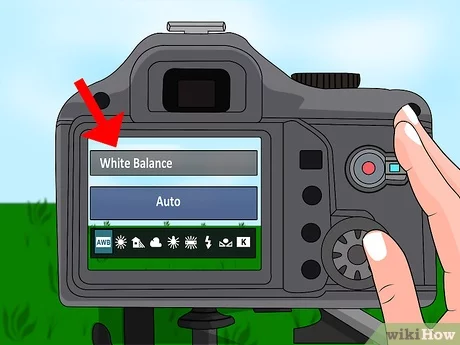How to Train Boston Terriers

Introduction:
Boston Terriers are intelligent, lively, and affectionate dogs that make for great family pets. Training your Boston Terrier is crucial to ensure they are well-behaved and live a happy life. In this article, we will discuss effective training techniques and tips to help you train your Boston Terrier successfully.
1. Establish a routine:
Creating a regular schedule is essential for training your Boston Terrier. Set specific times for feeding, walking, playing, and sleeping to help them adjust and feel secure in their environment.
2. Positive reinforcement:
Use positive reinforcement when training your Boston Terrier by rewarding good behavior with praise, treats, or toys. This will encourage your dog to repeat desirable actions.
3. Socialization:
Expose your Boston Terrier to different environments, people, and other animals from an early age. This helps prevent aggression or fear-based behaviors and promotes a well-rounded temperament.
4. Basic commands:
Start teaching basic commands such as “sit,” “stay,” “come,” and “down” early in the training process. Be consistent in using the same words and gestures each time so your dog learns to associate them with the desired actions.
5. Clicker training:
Consider incorporating clicker training into your routine. By using a clicker to mark desired behaviors, you can further reinforce positive actions without the need for constant treats or praise.
6. Crate training:
Crate training can help with housebreaking and give your dog a safe space to retreat when needed. Make sure the crate is the right size for your Boston Terrier and gradually increase the duration they spend in it.
7. Leash training:
Leash training is important to keep your dog safe on walks while minimizing pulling or tugging on the leash. Begin leash training inside the home before progressing outdoors.
8. Agility exercises:
Boston Terriers benefit from agility exercises, both mentally and physically. Engage them in activities like fetch, obstacle courses, and hide-and-seek to improve coordination and decrease boredom.
9. Addressing problem behaviors:
Identify any problem behaviors your dog may display, such as jumping on people or excessive barking. Implement specific training techniques to correct these actions, consulting a professional trainer if necessary.
10. Patience and consistency:
Training a Boston Terrier takes time and patience. Be consistent with your instructions, praise, and rewards to help your dog understand what is expected of them.
Conclusion:
Boston Terriers are intelligent and affectionate dogs that respond well to proper training techniques. By establishing a routine, using positive reinforcement, socializing your dog, and addressing any problem behaviors, you can train your Boston Terrier successfully. Remember to stay patient and consistent throughout the process to build a strong bond with your furry companion.






